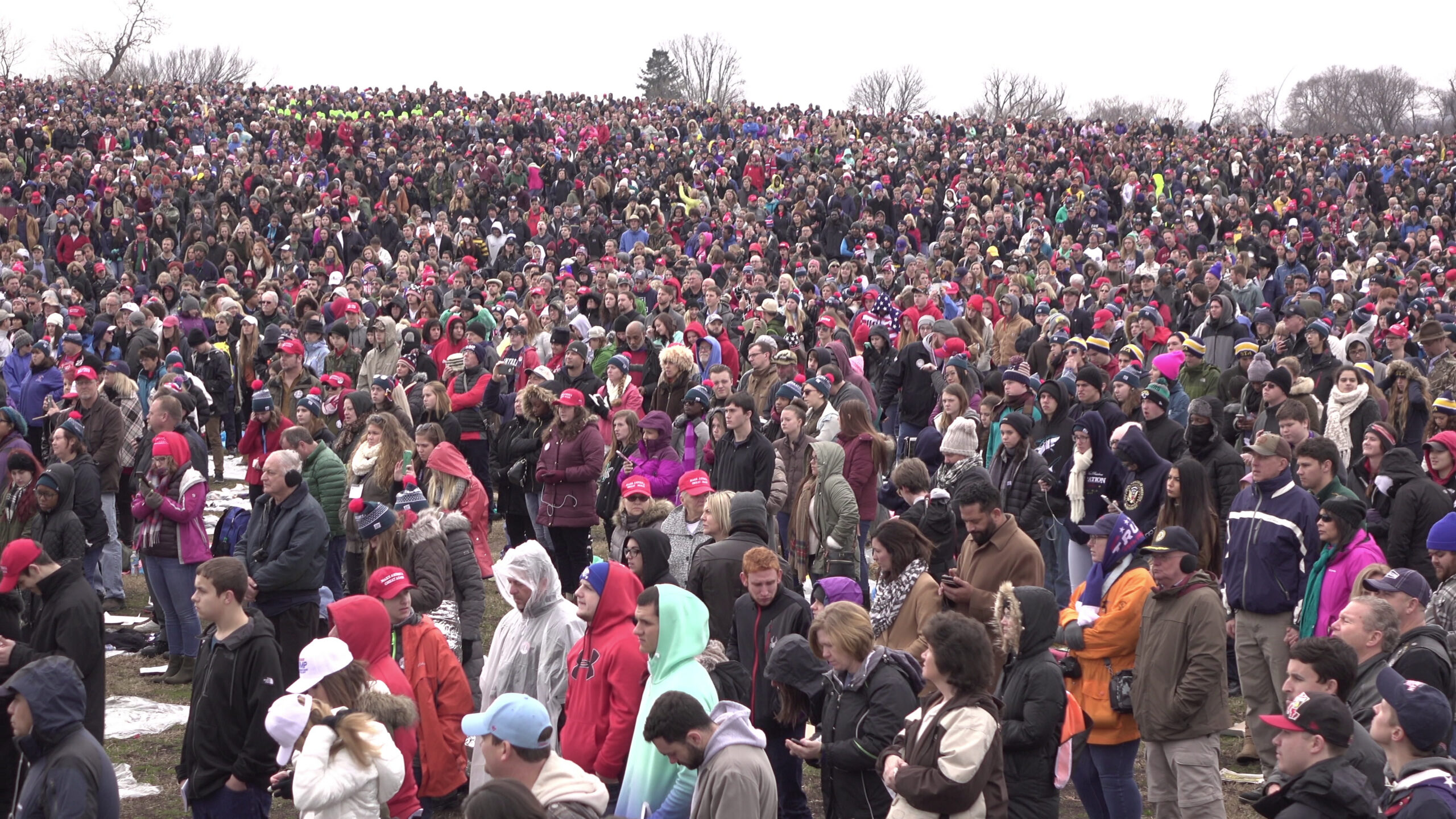Your cart is currently empty!

A Theological Critique of Christian Nationalism (CN)
•
First, an apologetic defense of CN.
Though I believe the Church should remain politically neutral, I understand what Christian Nationalists (CN) see happening in the world, and why their version of the gospel resonates. The body of Christ as a whole would agree that faith-based morals are declining everywhere. The U.S. is experiencing demographic shifts where the percentage of those with no religious affiliation is rising. CNs and other Christians are monitoring these shifts closely and see how progressive ideology is infiltrating every facet of society—education, media, corporate culture, and government. If left unchecked, these new norms will shape the next generation. From their perspective, they are behind the curve and without government intervention, biblical principles will have little to no impact on society.
CNs argue that God has historically used rulers and governments to fulfill His purposes. Nebuchadnezzar, Cyrus, King David, and Constantine are examples of this. In fact, CNs have been praying for an opportunity like this, believing the current administration, combined with their intercession, is a divine tool to reverse progressive policies and restore Christian values in America. CNs believe that if the Church does not influence policy, liberals will—and a passive Church will ultimately lead to the total loss of faith in society.
Most candidates profess Christianity, but many CNs do not trust them because they threaten the CN vision of the country. The U.S. Constitution guarantees equality, but to CNs, liberal progressives have gone too far, extending that equality to lifestyles that directly conflict with the Word. Though CNs may claim not to fully support their candidate, they argue that they must vote to prevent a worse outcome. Their choice is seen as a necessary compromise for stopping a greater evil.
“Woe to those who call evil good and good evil.” (Isaiah 5:20)
Though I share the same concerns, I see CN as a distortion of faith that replaces kingdom identity with national identity, and trust in the gospel with trusting in government.
A supportive government is not a prerequisite for the gospel to thrive. The Holy Spirit operates the same whether under a democracy, dictatorship, or monarchy. As a matter of fact, history has shown the Church flourishes in hostile environments.
The early church is our greatest example. With zero political influence, facing intense persecution under Rome and Jews, Christianity spread like wildfire. Jesus himself rejected political power when Satan tempted him with “all the kingdoms of the world.” If political power was God’s method, wouldn’t Christ have accepted and taught it?
In North Korea, the church thrives underground despite heavy persecution. Surprisingly, the church is growing faster in the Middle East than here in the U.S., and tribal wars and political corruption have not slowed the growth of the church in Africa. The Gospel has never needed government protection.
If the gospel can advance in oppressive countries, why do CNs believe it requires federal power in America? Yes, progressive policies will probably continue to erode faith, but God is not surprised by this. Jesus foretold that as the last days approach, lawlessness would increase (Matthew 24:12). Paul warned that people would become lovers of self, haters of good (2 Timothy 3:1-5). But our response is not political panic, but fervent prayer, praise and preaching. Let the world see error and truth side by side. We know it is foolishness to them who are perishing, but salvation to those who believe. We are the remnant because we are outnumbered.
“You are the light of the world. A city set on a hill cannot be hidden.” (Matthew 5:14)
All believers see the aggressive liberal agenda covering the country like dark clouds, so our light is supposed to shine brighter. The teachings of CN leaders go beyond simply supporting the lesser of two evils. Their messages walk the fine line of praise and admiration, framing consistent immoral behavior as something to overlook in this season.
We must see the danger in this. Pastors should not invoke fear against those who oppose their political stance; they cannot excuse the sins of one leader while condemning another for the same thing; and they certainly cannot frame political allegiance as spiritual obedience. This leads to internal contradictions of the gospel! Can you preach righteousness and repentance, while justifying corruption, pride, and deception for political gain? If this is the case, messages blend fear and faith and they become tools of propaganda. But this is not Christianity—it is a nationalist religion disguised as faith.
The Psalmist warns, “Some trust in chariots and some in horses, but we trust in the name of the LORD our God” (Psalm 20:7). Today’s equivalent might be, “Some trust in legislation and some in political power, but we trust in the name of the LORD our God.” Did CN forget this? We must ask ourselves: what matters more—winning elections or winning souls? The Kingdom of God is not the U.S. government—and it never will be. The gospel will not fail if America loses its Christian identity—but it will fail if the Church compromises truth to maintain power.
Zechariah 4:6 – “Not by might, nor by power, but by My Spirit,” says the Lord.